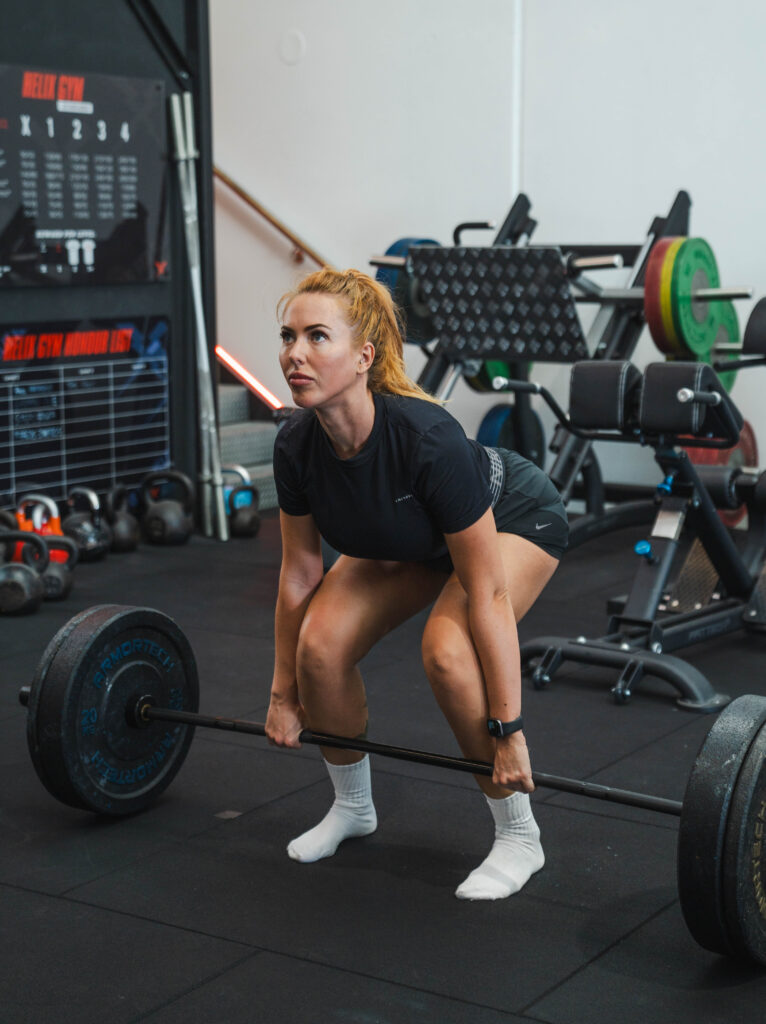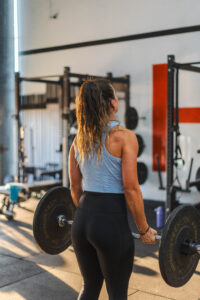
10 Common Mistakes to Avoid in Online Strength Training
10 Common Mistakes to Avoid in Online Strength Training Online strength training programs have revolutionised the way we keep fit, offering flexibility and a plethora

Functional fitness training is designed to prepare your body for real-life movements and activities. It’s not just about lifting weights or running on a treadmill; it’s about training your body to handle everyday tasks efficiently and safely. However, to truly excel in functional fitness, it’s crucial to support your training with the right nutritional strategies. This blog post delves into the dietary considerations vital for enhancing your functional fitness performance, ensuring you get the most out of every functional fitness class.
Functional fitness goes beyond the gym—it’s about preparing your body for daily tasks by simulating common movements. But to truly benefit from a functional fitness class, your body needs the right fuel. This post will guide you through essential nutrition tips to complement your functional fitness regime, ensuring optimal performance and results.
Functional fitness exercises are diverse and dynamic, often involving multiple muscle groups and a wide range of movements. As such, your body requires a diverse set of nutrients to perform these activities effectively, recover properly, and improve over time. A well-rounded diet that addresses these nutritional needs is paramount for anyone engaged in functional fitness.
Carbohydrates are your body’s primary energy source, especially during high-intensity functional fitness workouts. Complex carbohydrates like whole grains, fruits, and vegetables provide a steady energy release, while simple carbohydrates can offer a quick energy boost pre-workout.
Proteins are crucial for muscle repair and growth. After a functional fitness class, your muscles need protein to heal and grow stronger. Include lean protein sources like chicken, fish, tofu, or legumes in your diet to support muscle recovery.
Fats, particularly unsaturated fats, provide a long-lasting energy source, essential for longer, less intense workouts. They also play a vital role in hormone production and nutrient absorption.
Vitamins and minerals support various bodily functions, including muscle contraction, bone health, and oxygen transport. Ensure your diet includes a variety of fruits, vegetables, nuts, and seeds. Hydration is also crucial, as even mild dehydration can impair performance and recovery.
When you eat is almost as important as what you eat. Consuming the right balance of nutrients before and after your functional fitness class can significantly impact your energy levels, performance, and recovery.
While whole foods should always be your primary nutrition source, supplements like protein powders, BCAAs, or omega-3 fatty acids can offer additional support, especially when your dietary intake falls short.
Avoid common mistakes like skipping meals, not consuming enough protein, or neglecting hydration. These missteps can hinder your performance and recovery, detracting from the benefits of your functional fitness training.
Balancing your nutrition with your functional fitness routine is key to maximising your performance and results. By understanding and addressing the unique nutritional demands of functional fitness, you can ensure that your body has everything it needs to perform at its best.
Ready to take your functional fitness to the next level? Remember, a well-planned diet is just as important as the workout itself. Fuel your body right, and you’ll be well on your way to achieving your fitness goals.
Incorporating these nutrition tips into your daily routine will not only enhance your performance in each functional fitness class but also contribute to your overall well-being. Stay informed, eat smart, and watch your functional fitness performance soar!
Share on Social Media:

10 Common Mistakes to Avoid in Online Strength Training Online strength training programs have revolutionised the way we keep fit, offering flexibility and a plethora

Eating for Energy: Nutrition Hacks for Personal Training Eating the right foods at the right times can significantly boost your energy levels and enhance your